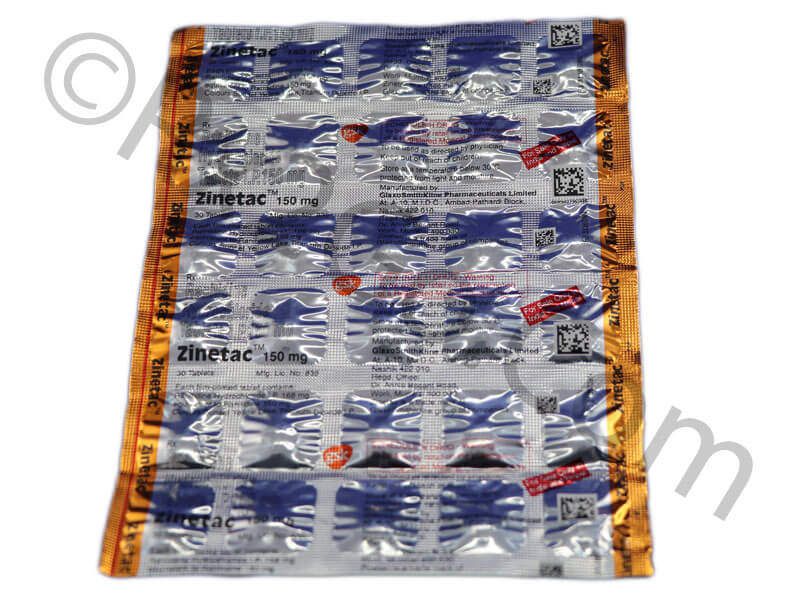What Condition Does Ranitidine Treat and Its Price?

Ranitidine is in the class of medications called histamine-2 (H2) blockers. This medication may also be used as part of combination therapy to treat a certain condition. Ranitidine is a prescription already approved by the Food and Drug Administration (FDA). This comes as a tablet with dosage strengths of 150 mg and 300 mg for oral use.
What condition does Ranitidine treat?
Ranitidine is mostly recommended by doctors for the treatment of several conditions such as:
This medicine is a type of histamine. It is a natural chemical that stimulates parietal cells in the stomach to create acid. H2 blockers stop the action of histamine on the cells. Therefore, it lessens the production of acid by the stomach. Since too much stomach acid can damage the stomach or esophagus and lead to inflammation and ulceration, this heals acid-induced ulcers and inflammation and decreasing stomach acid.
How does Ranitidine work?
Ranitidine blocks H2 receptors that stop the cells from creating excessive stomach acid. H2 receptors are to be found on the cells inside the stomach lining. Natural body chemical called histamine usually acts on these receptors that cause them to produce stomach acid to help digest food. This drug also lessens the backflow of acid into the food pipe that may cause damage to the food pipe and heartburn symptoms. By lessening the amount of acid in the stomach and duodenum, this medicine allows peptic ulcers to heal.
Your condition should start to feel better within an hour or 2 hours after taking the medicine. The effects will usually last for around 12 hours. It may take a few weeks for this medication to work properly. Depending on your problems, you may still have some acid symptoms during this time.
What is the dosage of Ranitidine?
Your dosage and how often you take the medicine is based on:
- The condition being treated and the severity
- Your age
- How you react to the first dose
Each dose of this medication is taken by mouth with a full glass of water. Ranitidine is used for short- or long-term treatment. If you stop taking this suddenly, it may not work as well or might stop working completely. This can make your condition worse. Follow carefully the instructions given by your doctor.
What are the precautions of Ranitidine?
- Before taking Ranitidine, inform your doctor if you have any medical history especially kidney or liver problems.
- Let your doctor know if you ever had an allergic reaction to this drug. Tell also if you have any allergies. This drug may contain an inactive ingredient that causes an allergic reaction.
- This is not for use in children younger than 12 unless it is directed by your doctor. Older adults may also be more sensitive to the side effects of this medicine.
- Using this drug may increase your risk of developing pneumonia. Symptoms may be fever, coughing up yellow or green mucus, or chest pain. Discuss with your doctor about your risk of having pneumonia.
- Do not share this with others even if they have the same symptoms as yours.
- Let your doctor know about all the medication you are taking including vitamins or herbal supplements. You should not start a new medication without telling your doctor.
- If you are breastfeeding women, consult your doctor first. If you get pregnant or planning to become pregnant while having this medication, call your doctor right away.
- During pregnancy, this should only be used if needed. Discuss the risks and benefits with your doctor. Before using Ranitidine, tell your doctor if you are pregnant.
- This should be used with caution in people who have difficulty or pain swallowing, have blood in their poo, who’ve had a peptic ulcer, or who are taking a non-steroidal anti-inflammatory drug.
- For people who’ve had peptic ulcers in the past, with persistent vomiting, who’ve needed to use heartburn remedies continuously for 2 or more weeks, Ranitidine should also be used with caution.
Price of Ranitidine vs. Zantac
The generic name Ranitidine is a low-priced prescription that only costs $7.00 per 30 tabs of 150 mg and $13.00 per 30 tabs of 300 mg. The brand name Zantac costs $22.02 per 30 tabs of 150 mg and $351.44 per 30 tabs of 300 mg. Ranitidine is a lot cheaper than Zantac



